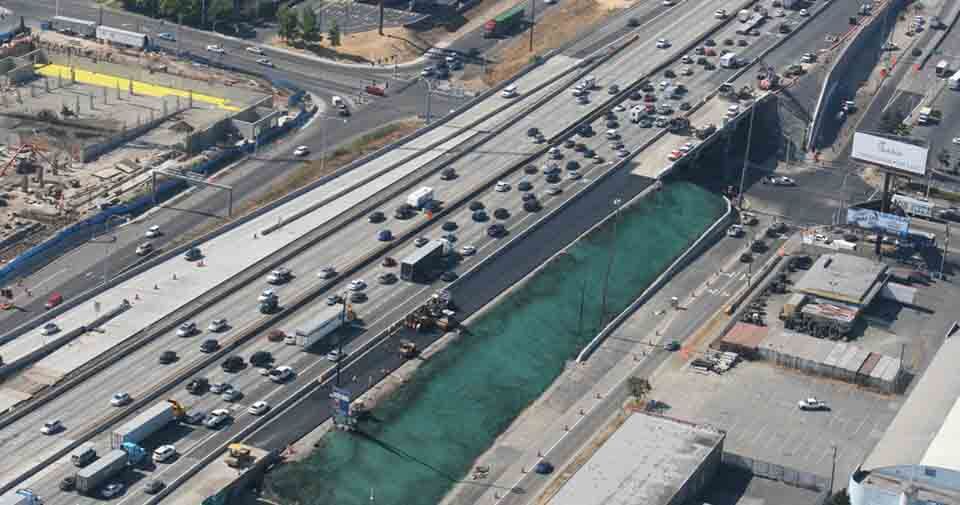Governor Kotek Pauses Plans For Portland Tolls on I-5 and 205

PORTLAND, Ore. — Citing the state’s inability to keep up with the project’s rising costs, Gov. Tina Kotek indicated on Monday that plans to toll Portland-area highways are halted.
Kotek’s letter to the Oregon Transportation Commission, the agency that sets state transportation policy, said she believed it was time to end work on the Regional Mobility Pricing Project which is the Oregon Department of Transport’s (DoT) plan to impose tolls on a per mile basis on Interstates 5 and 205 from Wilsonville to the northern border of Portland. She said that it is clear that tolling is not viable at this time.
Read: Innovative Road Toll System Introduced By Oregon State
With an ongoing budget crisis, the DoT faces a $680 million deficit over the next five years, mainly because of rising costs and slower-than-expected revenue from gas taxes. Kotek said that during the 2025 legislative session, the state must address its catastrophic funding challenges. In 2023, Kotek put a hold on toll collection until 2026 to allow the DoT to present a financial plan with a more complete report on the impact that the toll may have on low-income and minority communities.
Oregon DOT’s Plans To Toll I-5 and 205
The DoT has tried tolling the two highways as a measure to reduce congestion and generate funds for new highway projects but this met fierce opposition from many, including communities living along I-205 who would probably see an increase in traffic from drivers trying to avoid tolls. Advocates for the environment also feel the proposed toll costs are unnecessarily high.
Kris Strickler, Transportation Department Director, said the tolls could have been a critical tool as the state’s transportation system is vital to Oregon’s overall health. He said that it’s now clear that the tolling program can’t be designed in a way that meets the needs expressed by local partners and simultaneously meets the needs of Oregonians. Strickler is looking to identify resilient financing solutions to maintain a safe, accessible, and sustainable system by partnering with communities across the state and the Legislature.
Kotek Says Reduced Toll Revenue Won’t Meet Project Cost
Gov. Kotek said that the financial plan indicated that because of rising project costs and uncertainty about future toll revenues, Oregon did not have all the funds necessary to go ahead with the full strategy as initially envisioned. She confirmed that a study of a low-income tolling program showed that the project, “would not meet with expectations of local project financing and revenue sharing.”
She said that Oregon’s path to implementing tolling is- at best, uncertain. The decision doesn’t affect plans to toll a replacement interstate bridge and Gov. Kotek said that state transportation officials should keep that plan on track and continue to work with Washington officials.
